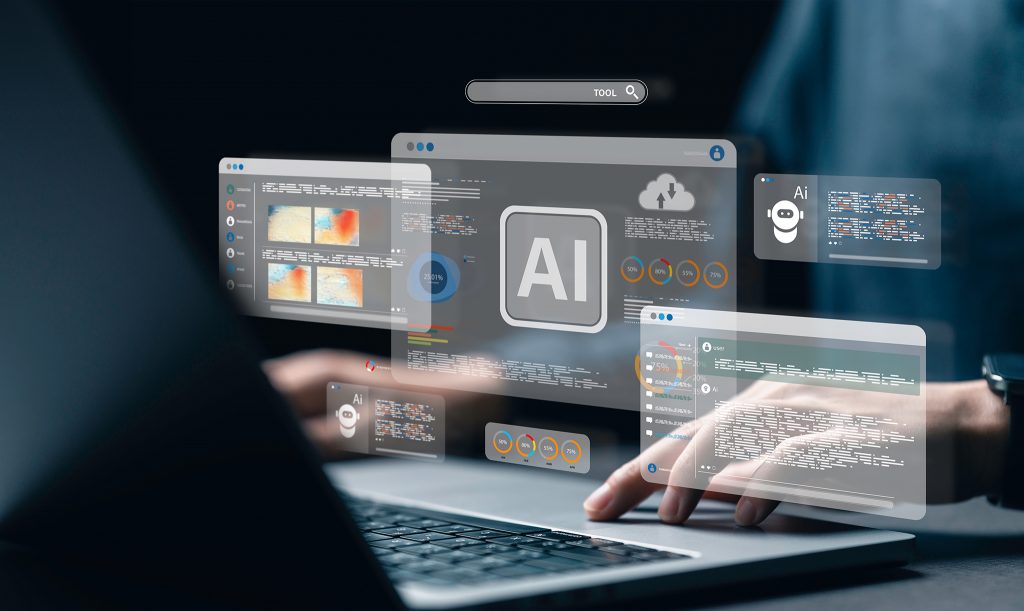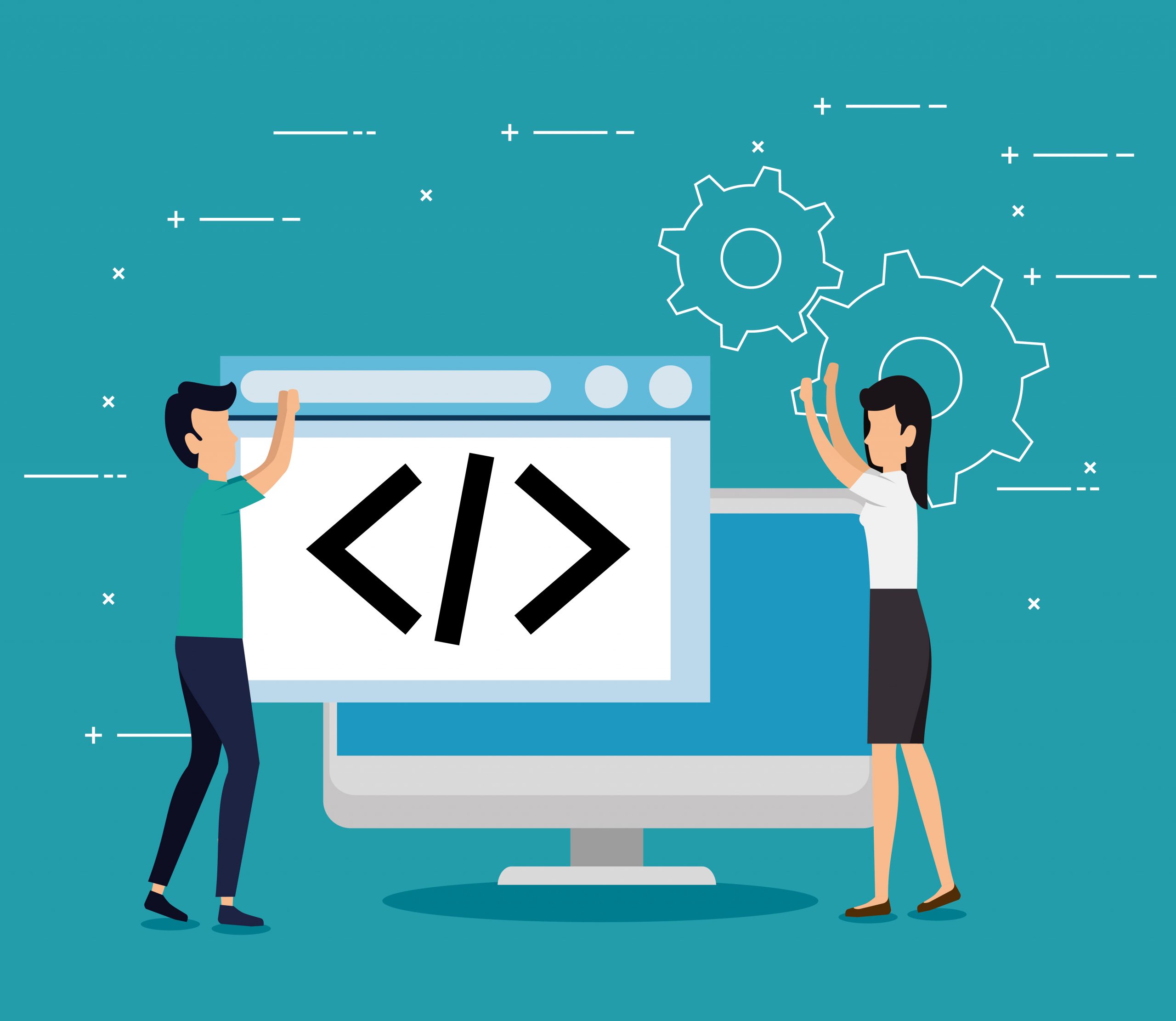As we entered in Fourth Industrial Revolution, the future of work is a topic that has garnered significant attention in recent years, particularly as technological advancements accelerate and reshape the landscape of employment. Among the most transformative forces is artificial intelligence (AI), which promises to revolutionize various aspects of work, from job roles to organizational structures.
Amid the fear that change often brings, we can recall a famous quote from Charles Dickens, who lived during the First Industrial Revolution. Many of his books addressed the negative social aspects of that era. In his 1859 novel A Tale of Two Cities, he wrote the enduringly popular line:
“It was the best of times; it was the worst of times.”
In a straightforward interpretation, the quote suggests that certain periods of time can be simultaneously filled with immense joy and unbearable suffering. Many studies in Industry 4.0 (as we call Fourth Industrial Revolution), are covering that aspect that the nature of job roles is poised to undergo significant changes. Traditionally, many positions have required repetitive, manual tasks. However, as automation and AI technologies become more sophisticated, these tasks are increasingly being handled by machines. For instance, a report by McKinsey & Company suggests that by 2030, between 400 million and 800 million individuals could be displaced by automation and need to find new jobs by 2030 around the world, based on McKinsey midpoint and earliest (that is, the most rapid) automation adoption scenarios.
AI is not just replacing jobs; it is also creating new ones. The World Economic Forum’s Future of Jobs Report 2020 highlights that while 85 million jobs may be displaced by a shift in the division of labour between humans and machines, 97 million new roles may emerge that are more adapted to the new division of labour between humans, machines, and algorithms. These new roles often require skills in AI programming, machine learning, and data analysis, indicating a shift towards more technical and analytical job functions.
AI is set to transform everyday work in several profound ways. One of the most significant impacts will be on productivity and efficiency. AI can process vast amounts of data far more quickly and accurately than humans, enabling faster decision-making and reducing the likelihood of errors. For example, AI-driven analytics can provide real-time insights into market trends, helping businesses make more informed strategic decisions.
Moreover, AI-powered tools are enhancing collaboration and communication within organizations. Tools like AI-driven project management software and virtual assistants are streamlining workflows, automating routine tasks such as scheduling meetings and managing emails, and allowing employees to focus on more creative and strategic activities. A survey by PwC found that 54% of executives say AI solutions implemented in their businesses have already increased productivity.
The integration of AI into the workplace is also reshaping workplace dynamics. Remote work, which became widespread during the COVID-19 pandemic, is likely to remain a permanent fixture in many sectors, facilitated by AI technologies. AI can support remote work by providing advanced communication tools, automating routine tasks, and ensuring cybersecurity through intelligent monitoring systems. This shift is changing how organizations operate, potentially leading to more flexible working hours and a better work-life balance.
AI is also fostering more inclusive work environments. Intelligent algorithms can help eliminate biases in hiring processes by assessing candidates based on objective criteria rather than subjective judgments. Additionally, AI-powered tools can assist in making workplaces more accessible for employees with disabilities. For instance, voice recognition software and AI-driven text-to-speech applications can enable better communication and interaction for individuals with impairments.


As the workplace evolves, so too must the workforce. The rapid pace of technological change means that employees need to continually update their skills to stay relevant. Lifelong learning and continuous professional development are becoming essential. According to a report by the OECD, workers will need to upskill or reskill to fill new roles created by AI and automation processes. Educational institutions and employers will need to collaborate to provide opportunities for ongoing learning and skills development.
While AI brings numerous benefits, it also presents several ethical considerations and challenges. Issues such as data privacy, job displacement, and the potential for algorithmic bias must be addressed to ensure that the integration of AI into the workplace is fair and equitable. Policymakers and business leaders need to work together to develop regulations and frameworks that protect workers’ rights and ensure that the benefits of AI are broadly shared.
AI has lack of transparency and accountability. Many AI systems, particularly those using deep learning, operate as “black boxes,” meaning their decision-making processes are not easily understood even by their developers. This opacity can lead to situations where it is challenging to determine why an AI system made a particular decision, making it difficult to hold anyone accountable for mistakes or biased outcomes.
AI’s integration into the workforce is another area of concern. While AI can improve efficiency and productivity, it also poses a threat to employment. A report by McKinsey Global Institute predicts that by 2030, seventy-five million to 375 million may need to switch occupational categories and learn new skills due to automation. Jobs that involve routine tasks, such as manufacturing and data entry, are particularly at risk. This displacement can lead to significant social and economic upheaval, particularly for communities heavily reliant on such jobs.
AI’s economic impact is multifaceted. On one hand, it drives innovation and growth; on the other hand, it exacerbates economic inequality. The benefits of AI are often concentrated among a few large tech companies and highly skilled workers, while others may face job displacement and wage stagnation. A study by the Brookings Institution found that AI could widen economic disparities, as it tends to benefit those with high digital skills and the firms that can afford to invest in the technology.
Additionally, the monopolization of AI technology by a few companies can stifle competition and innovation. These tech giants, with vast amounts of data and resources, can create barriers to entry for smaller firms and startups, leading to less market diversity and potentially higher prices for consumers.
While AI holds the promise of significant advancements and efficiencies, it also presents a range of negative impacts that must be carefully managed. Ethical issues such as bias and lack of transparency, social impacts like job displacement and surveillance, economic challenges related to inequality and monopolization, and security risks all highlight the need for thoughtful regulation and oversight. As AI continues to evolve, it is crucial for policymakers, technologists, and society at large to work together to mitigate these risks and ensure that AI is developed and deployed in ways that benefit all of humanity.
These famous words from beginning of the article by Charles Dickens encapsulate the complex and paradoxical nature of human existence. And let’s finish this article with a full quote “It was the best of times; it was the worst of times, it was the age of wisdom, it was the age of foolishness, it was the epoch of belief, it was the epoch of incredulity, it was the season of Light, it was the season of Darkness, it was the spring of hope, it was the winter of despair, we had everything before us, we had nothing before us, we were all going direct to Heaven, we were all going direct the other way—in short, the period was so far like the present period, that some of its noisiest authorities insisted on its being received, for good or for evil, in the superlative degree of comparison only.”
Sources:
- McKinsey & Company: “Jobs lost, jobs gained: What the future of work will mean for jobs, skills, and wages.” November 2017.
- World Economic Forum: “The Future of Jobs Report 2023.” October 2023.
- OECD: “Future of Work and Skills.”
- Darrell West: The Future of Work: Robots, AI, and Automation, 2019



